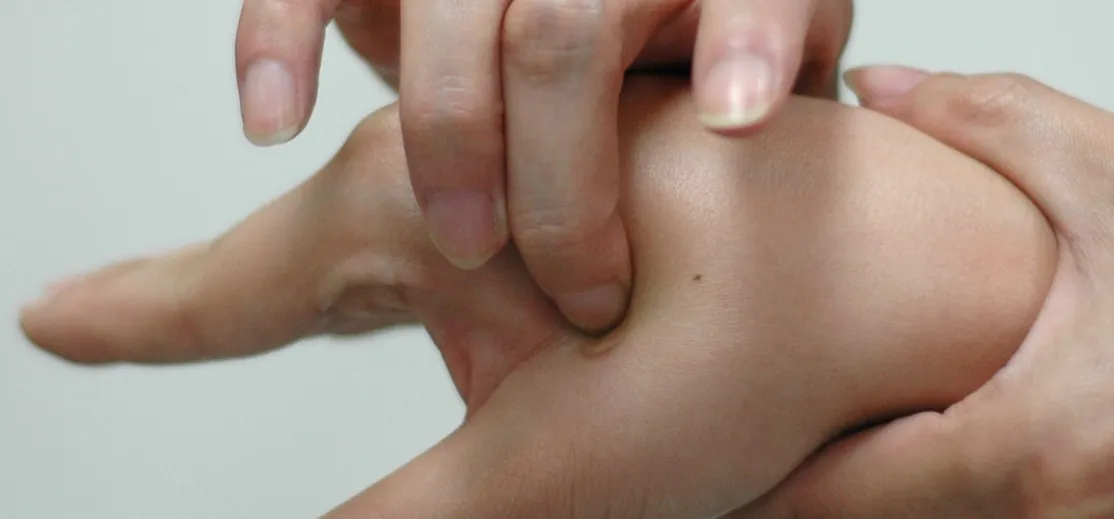It's 3 a.m. and you're wide awake—your mind is running wild with worries, workplace stress, and panic about the day that lies ahead. How can you possibly slip back into sleep and snag a few more hours of rest when you're so anxious?
Don't spend your nights fretting over the sleep you're losing. Instead, work with your mind to soothe its anxiety and fall back to sleep.
Stress Sneaks in When You Don't Expect It
Anxiety may seem like an issue that appears when your mind is overactive, able to jump around and think about all that stresses you. Yet when it's time to relax, that same restlessness reappears in our brains and bodies, keeping us awake at night.
Once our bodies have experienced stress, that same mental and physical reaction can reappear when we turn away from our anxiety. We can hide from it when we're awake and distracted, but it reappears and is triggered at times we least expect it—especially when we're about to fall asleep. Our subconscious lets our stressor loom over our heads, even when we don't have to face the problems anytime soon.
With stress and anxiety appearing when we least expect it, our biggest worries rise when we're about to fall asleep or in the midst of our nightly rest. And, as Psychology Today writer Mark Banschick notes, the more anxiety we feel, the more exhausted we are—which, in turn, makes sleeping a greater challenge.
Stop Stopping Your Thoughts
When we're worried or kept awake in the dark of night over what worries us, we often try to turn our minds away from whatever it is that makes us anxious. This tactic, however, actually makes us worry more.
According to Help Guide, the more we tell ourselves to stop thinking about whatever is stressing us, the more it haunts us when we want to sleep. When we try to avoid issues, we are in turn making them stronger, more persistent, and capable of harming us. As Help Guide notes, avoiding these worries actually makes us focus on them more and spend the majority of our time focused on the problem rather than a cause.
Get Up & Away from Your Bed
You've heard it a million times: your bed isn't for TV, reading, or even snack time. It's for sleeping, and for sleeping only. So, when anxious thoughts strike, your bed isn't the place to be.
When your mind wakes you up at night with worry, it's better to get up and move around than it is to stay put and try to force more sleep. Our brains are extremely associative, and if you frequently conduct activities other than sleep in bed—reading, working, watching TV, or anything else—your bed no longer is a place of sleep. Instead, it becomes a work and worry place.
So, if you can't get back to sleep, avoid picking activities you can complete lying down. Instead, get up and get active. The change in scenery will get you tired, and when you're ready for sleep, you can reenter your bed.
Pay Attention to Your Breathing
It might sound silly, but the way in which we breathe tells others a great deal about our inner feelings. Our breath, when relaxed, soothes our entire being. But when we're anxious and worried, our ragged breathing contracts our muscles.
When you can't sleep, it's important to notice how you're breathing. Take deep, slow, calming breathes to relax your body and anxiety. Feel the worry slip out of you and your body return to a normal and peaceful state. In turn, when the rest of you is calm and your mind finds itself at ease, worries won't be able to sneak in and add stress.
As Psychology Today writes, the better our circulation functions, the better we feel. When we stress, we subconsciously deny ourselves the oxygen we need—and as a result, our brains enter a low-level state of hyperventilation. The more radically we breathe, or worse we feel physically, the greater we worry.
Get Rid of Your Clock & Your Phone
Think about the last time you woke up in the middle of the night. What did you turn to? Chances are, you immediately lit up your phone or clock to check the time. While we are attuned to the hour in order to determine our sleep cycle, seeing how late we're awake in stressful times is only more of detriment.
Instead, it's better to assume it's late and ignore the actual numbers on the clock. Seeing that it's 5 a.m. won't do you any good—and neither will realizing it's 8 a.m. even if you have time to sleep. When we watch the clock, we feel even more alone and awake, and can sense the minutes as they slip away from us and our stress consumes our thoughts.
Most Importantly, Focus on Sleep
When we wake in the middle of the night due to anxiety, it's better to turn to methods of calm and relaxation rather than medication. By getting out of your head and out of the stressful relapse, you'll be more able to fall asleep and get the shut eye you need to cope with anxiety.
For more help on relieving anxiety, check out Yumi's illustrative guide.






























Comments
Be the first, drop a comment!